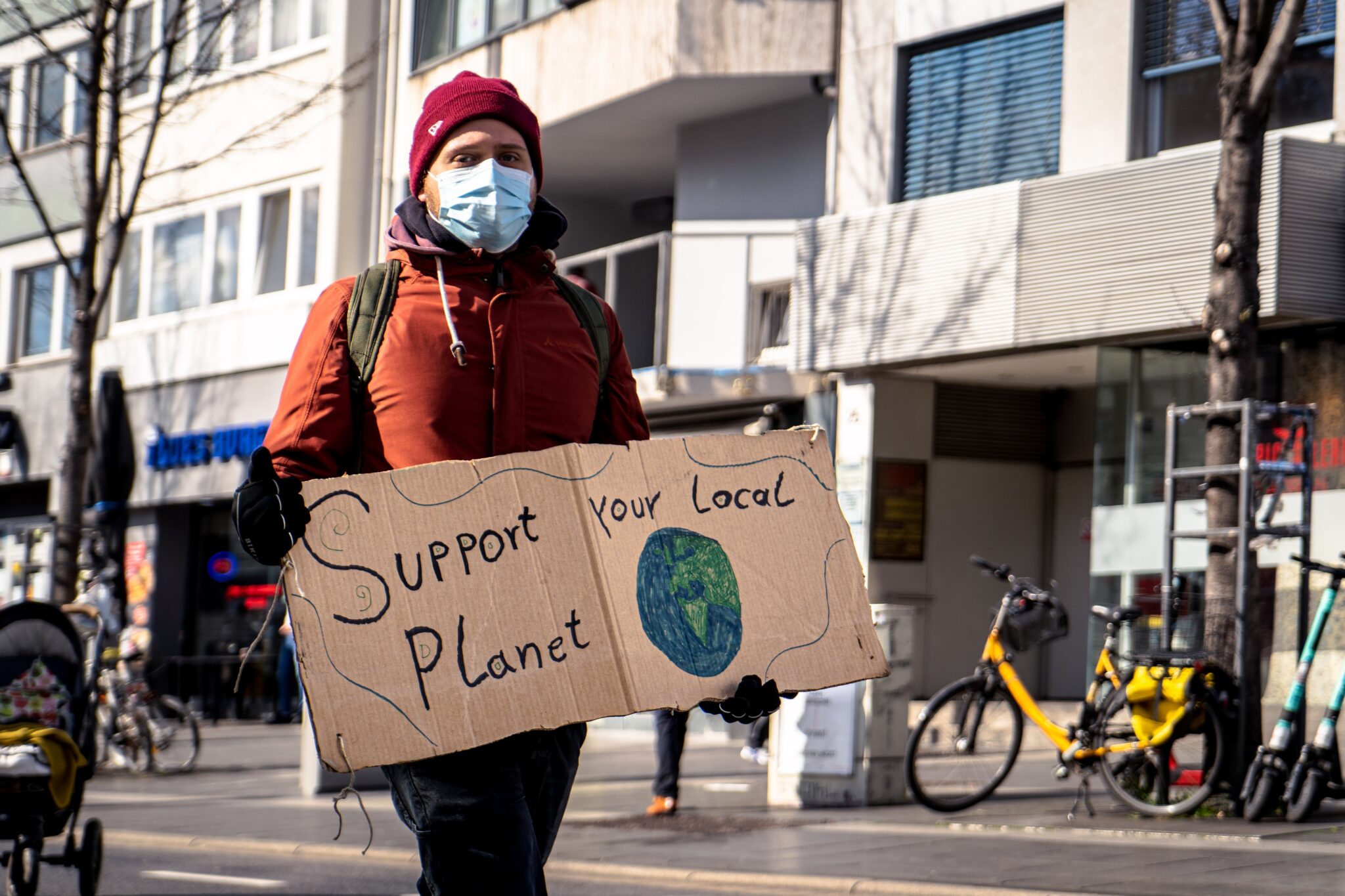The influence of climate change on health systems is a significant concern. It has the potential to undermine decades of progress in public health and disrupt the delivery of high-quality care. The increasing frequency and intensity of heatwaves, flooding, and storms, as well as the emergence of new infectious diseases, pose a threat to the health of individuals and communities worldwide.
The healthcare sector, responsible for a significant portion of global greenhouse gas emissions, has a crucial role in mitigating the effects of climate change. By reducing emissions, healthcare providers can contribute to global efforts to combat climate change and improve patient care, staff satisfaction, and cost savings[1].
In addition to preventing the initial health impacts of climate change, mitigation efforts can also lead to co-benefits such as cleaner air, increased physical activity, and more nutritious diets, which can improve overall well-being. These co-benefits can help offset the costs of mitigation interventions, making them a more attractive option for healthcare providers.
Discovering the impact of our carbon footprint can lead to feelings of guilt and shame about our past and current environmental behaviours.
What is Carbon Footprinting?
Carbon footprinting measures the total greenhouse gas emissions, primarily carbon dioxide (CO2) and other greenhouse gases, produced directly and indirectly by individuals, organizations, or activities. This measurement aims to assess the environmental impact of our actions and consumption patterns. It considers factors such as energy use, transportation, waste generation, and lifestyle choices that contribute to carbon emissions[2].
Mental Health and Carbon Footprinting
The relationship between carbon footprinting and mental health is an evolving and increasingly significant topic. As we become more conscious of our impact on the environment and the global climate crisis, we also need to understand how this heightened awareness can affect our mental well-being.
Eco-anxiety and Stress
Eco-anxiety, or climate anxiety, is a growing concern. It is the manifestation of anxiety stemming from worries about environmental degradation and climate change. As we grapple with the alarming realities of global warming, individuals may experience heightened stress, sleep disturbances, and overall emotional distress. This anxiety is fueled by the knowledge that our actions, including our carbon footprint, have contributed to this crisis[3].
As former United Nations Secretary-General Ban Ki-moon noted, “Climate change is the single greatest threat to a sustainable future, but, at the same time, addressing the climate challenge presents a golden opportunity to promote prosperity, security, and a brighter future for all.”

Guilt and Shame
Discovering the impact of our carbon footprint can lead to feelings of guilt and shame about our past and current environmental behaviours. These emotions can result in self-blame, contributing to depression and anxiety. The environmentalist Margaret Mead captured this sentiment well when she said, “We won’t have a society if we destroy the environment.”
Eco-grief
Eco-grief is a specific form of grief linked to the loss and destruction of natural environments and biodiversity. Those deeply concerned about their carbon footprint may experience grief over the state of the planet and the potential loss of ecosystems and species. As environmental activist Jamie Anderson said, “Grief is just love with no place to go.” This grief can be emotionally draining and lead to mental health issues.
Social Isolation
Attempts to reduce the carbon footprint can sometimes result in feelings of isolation. It is not uncommon for individuals to feel alienated from friends or family who don’t share their environmental concerns or are not making similar efforts to reduce their carbon footprint[4]. In the words of Lady Bird Johnson, “The environment is where we all meet, where we all have a mutual interest; it is the one thing all of us share.”
Overwhelm
The complexity of understanding and mitigating carbon footprint can be overwhelming. The urgency of addressing climate change, coupled with the myriad ways our actions impact the environment, can lead to feelings of stress and being overwhelmed[5]. Naturalist John Muir eloquently stated,
“When we tug at a single thing in nature, we find it attached to the rest of the world.”
Inaction Paralysis
When confronted with the enormity of the climate crisis, some individuals may become paralysed by inaction. They may feel that their individual efforts would not make a difference, leading to a sense of hopelessness and contributing to mental health issues. Yet, as an unknown source reminds us,
“When you realize the impact of your carbon footprint, it can be overwhelming, but it’s essential to remember that small actions by many people can lead to significant change.”
It is essential to recognize that while carbon footprinting can have adverse effects on mental health, it can also serve as a source of motivation for some individuals. Taking meaningful action to reduce carbon footprint and being part of the solution to environmental problems can provide a sense of purpose and improve mental well-being.
To address these mental health challenges, individuals can consider seeking support from mental health professionals who can help them cope with eco-anxiety, guilt, and other emotional responses to climate-related concerns. Additionally, engaging in support networks and community organizations focused on environmental issues can provide a sense of belonging and empowerment, which can counteract some of the negative mental health impacts of carbon footprinting.
References:
- Hanmin, D. et al., Do carbon emissions impact the health of residents? Considering China’s industrialization and urbanization. Science of The Total Environment, 2021. 758: p. 143688.
- Selin, N. Eckley (2023, September 25). carbon footprint. Encyclopedia Britannica. https://www.britannica.com/science/carbon-footprint.
- Steven, T., Anxiety disorders, climate change, and the challenges ahead: Introduction to the special issue. Journal of Anxiety Disorders, 2020. 76: p. 102313.
- Xu, R., et al., Wildfires, Global Climate Change, and Human Health. New England Journal of Medicine, 2020. 383(22): p. 2173-2181.
- Julie, D., Kate, and W. Philip, Does biodiversity improve mental health in urban settings? Medical Hypotheses, 2011. 76(6): p. 877-880.
Also, Read: Impacts of Carbon Footprints on the Water Cycle of Earth

Sadaf Sarfraz, currently a lecturer, holds an MPhil in Molecular Pathology and Genomics, complemented by a BSc in Medical Laboratory Technology. Contributing as a healthcare writer at Scientia-Pakistan, she passionately engages in calligraphy and art.

